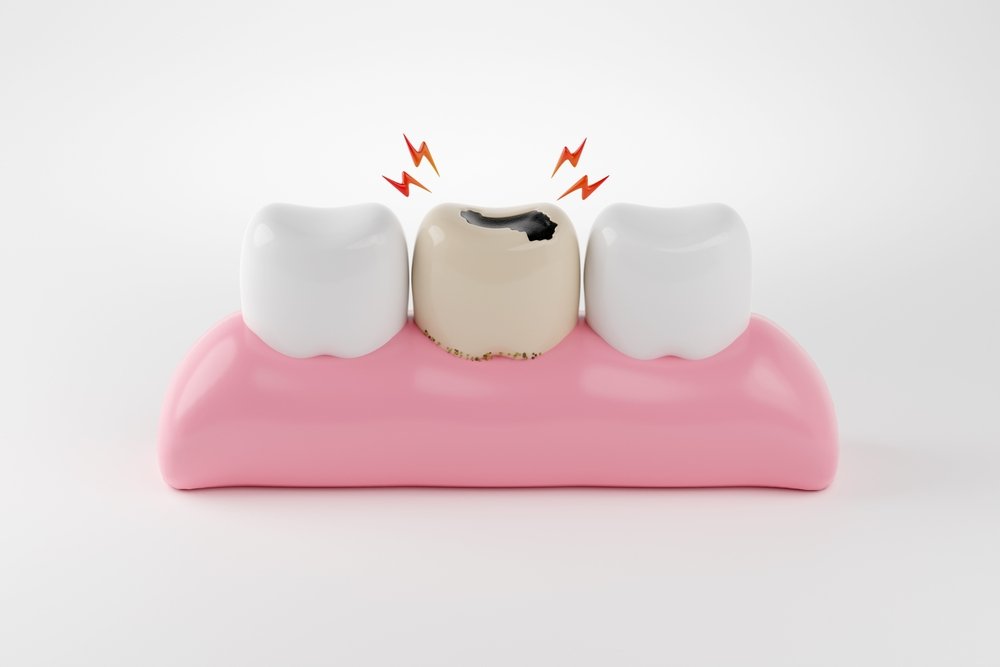Bad dentures can appear ill-fitting, discolored, or poorly aligned. These issues often lead to discomfort and affect one’s confidence.
Dentures play a crucial role in restoring function and aesthetics for those who have lost teeth. Poorly designed or maintained dentures can cause significant problems. Issues such as misalignment, gaps, and unnatural color can impact daily activities like eating and speaking.
Bad dentures may also lead to gum irritation and other oral health concerns. Many people may feel embarrassed by their appearance, leading to social withdrawal. Understanding what constitutes bad dentures can help individuals seek better solutions. Regular dental check-ups and adjustments can enhance comfort and appearance, ensuring that dentures serve their intended purpose effectively.
The Perils Of Poor Dentures
Bad dentures can lead to serious oral health issues. They may cause gum irritation and painful sores. Poor fit can result in difficulty eating and speaking. Regular dental visits are essential for checking denture fit.
Compromised aesthetics can significantly affect self-esteem. Bad dentures may look unnatural and awkward. Many people feel embarrassed about their smile. This can lead to avoiding social situations and interactions.
Investing in quality dentures ensures better health and confidence. A well-fitted denture enhances both appearance and comfort. Choosing the right dentist is crucial for optimal results.
Visual Guide To Denture Disasters
Mismatched sizing in dentures can lead to serious problems. Poor fit causes discomfort and pain. Dentures that are too large can slip around. This can make it hard to speak or eat. On the other hand, dentures that are too small may cause sore spots.
Color gone wrong can make dentures look unnatural. Bright white dentures often stand out too much. They can look fake and unappealing. A more natural color blends better with your gums and remaining teeth. Choosing the right shade is important for a realistic appearance.
Common Signs Of Ill-fitting Dentures
Common signs of ill-fitting dentures include gum irritation and sores. These can cause discomfort and pain. Red or swollen gums often indicate a poor fit.
Difficulty eating or speaking is another major sign. If chewing feels painful or awkward, it’s a red flag. Slurred speech or trouble pronouncing words can also occur.
| Signs | Description |
| Gum Irritation | Swollen or red gums that cause discomfort. |
| Sores | Painful spots that develop from friction. |
| Difficulty Eating | Pain or awkwardness while chewing food. |
| Difficulty Speaking | Slurred speech or trouble pronouncing words. |
The Consequences Of Neglect
Bad dentures can lead to serious infections and diseases. Bacteria can grow under poorly fitting dentures. This may cause gums to become inflamed and painful. Regular cleaning is essential to prevent these issues.
Long-term use of bad dentures may result in permanent dental damage. Misaligned dentures can affect the jaw and bite. Teeth may shift or become loose over time. Visiting a dentist regularly helps maintain oral health.
Ignoring denture problems can lead to costly treatments later. It’s vital to replace or adjust dentures as needed. Healthy dentures contribute to a happy smile and overall well-being.
Navigating Denture Choices
Choosing the right dentures is essential for comfort and function. Materials play a crucial role in how dentures feel and look. Common options include acrylic, ceramic, and metal. Each material has its own benefits. Acrylic is lightweight and easy to adjust. Ceramic offers a natural appearance but can be heavier.
Customization is vital for a good fit. Dentures can be tailored to match your unique mouth shape. This helps prevent discomfort and improves function. Custom dentures can enhance your smile. They often look more natural compared to standard options.
| Material | Benefits |
| Acrylic | Lightweight and easy to adjust |
| Ceramic | Natural appearance but heavier |
| Metal | Durable and strong |
Maintenance Mistakes To Avoid
Using improper cleaning techniques can harm dentures. Avoid using harsh chemicals. Regularly brush dentures with a soft toothbrush. Rinse them after every meal to remove food particles.
Ignoring regular check-ups is a big mistake. Dentists can spot issues early. Regular visits help keep dentures in good shape. They also check for gum health.
Keep in mind that proper care extends the life of dentures. Healthy habits lead to a better smile. Always follow your dentist’s advice for the best results.
Transforming Your Smile
Many people have seen bad dentures that affect their smiles. Pictures of these dentures show the importance of choosing the right ones. Success stories highlight how proper dentures can change lives.
Before and after comparisons reveal incredible transformations. Patients often feel more confident with new dentures. They smile brighter and enjoy life more. The right dentures fit well and look natural.
| Before | After |
| Poor fit | Perfect fit |
| Unnatural appearance | Natural look |
| Low confidence | High confidence |
Frequently Asked Questions
What Are Common Issues With Bad Dentures?
Bad dentures can lead to discomfort, poor fit, and difficulty eating. They may also cause irritation or sores in the mouth. Additionally, ill-fitting dentures can affect your speech. Regular check-ups with a dentist can help identify and correct these common problems before they worsen.
How Can I Identify Poorly Made Dentures?
Look for signs like excessive movement, discomfort, or difficulty chewing. Poorly made dentures may also appear unnatural or discolored. If your dentures don’t fit snugly, it’s a clear indication of poor craftsmanship. Consulting with a dental professional can help assess their quality and recommend improvements.
What Can Bad Dentures Do To My Health?
Bad dentures can cause oral infections, gum disease, and tooth loss. They may also lead to nutritional deficiencies due to difficulty eating. Over time, poor denture fit can result in jaw pain or headaches. Maintaining proper dental care is crucial for overall health and well-being.
How Often Should Dentures Be Replaced?
Dentures typically need replacement every 5 to 10 years. Wear and tear can affect their fit and functionality over time. Factors like changes in jaw structure or oral health can also necessitate replacements sooner. Regular dental check-ups can help determine the best time for replacement.
Conclusion
Bad dentures can significantly impact your quality of life. Poor fit and unattractive designs may lead to discomfort and self-consciousness. Understanding the signs of bad dentures is crucial for seeking help. Always consult a professional for proper fitting and adjustments.
Your smile deserves the best care and attention. Choose wisely for a confident grin.



